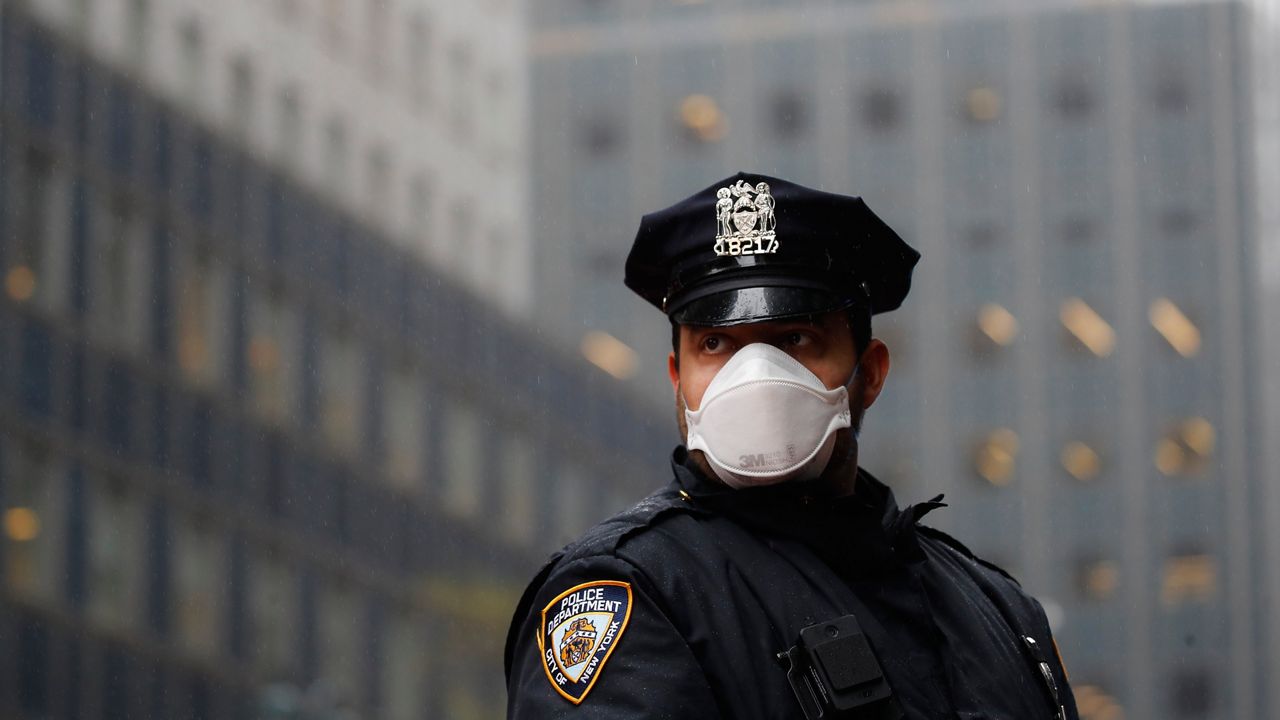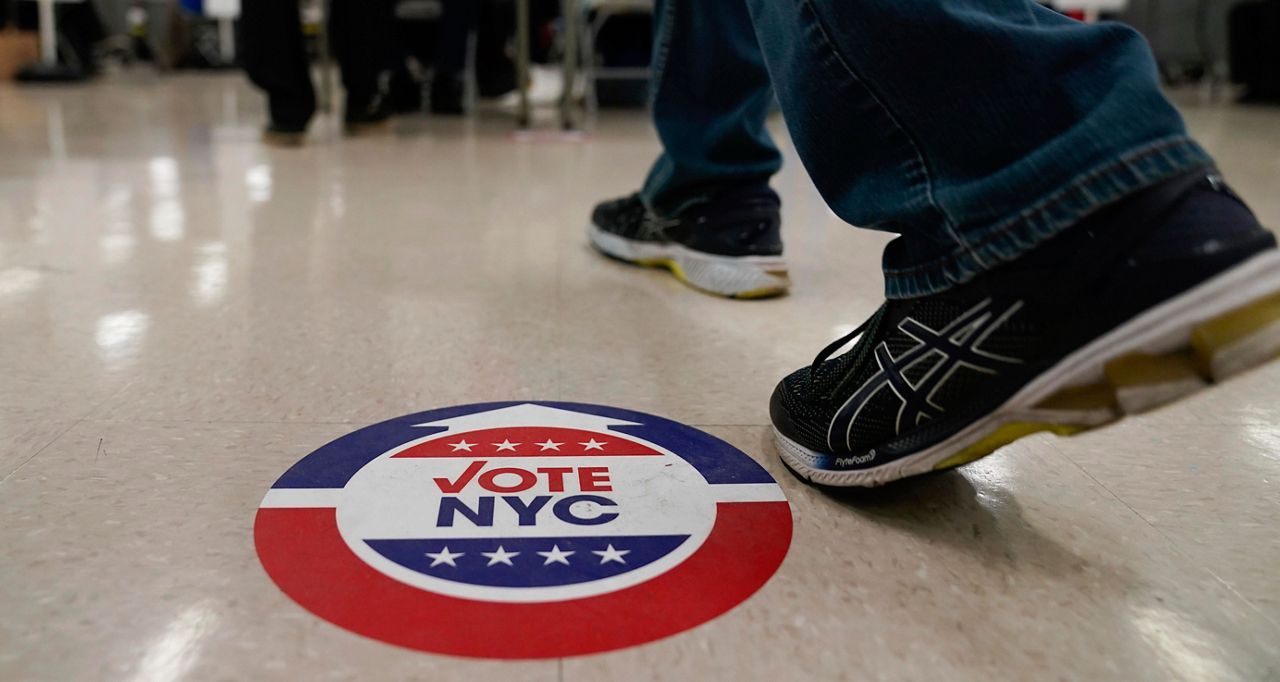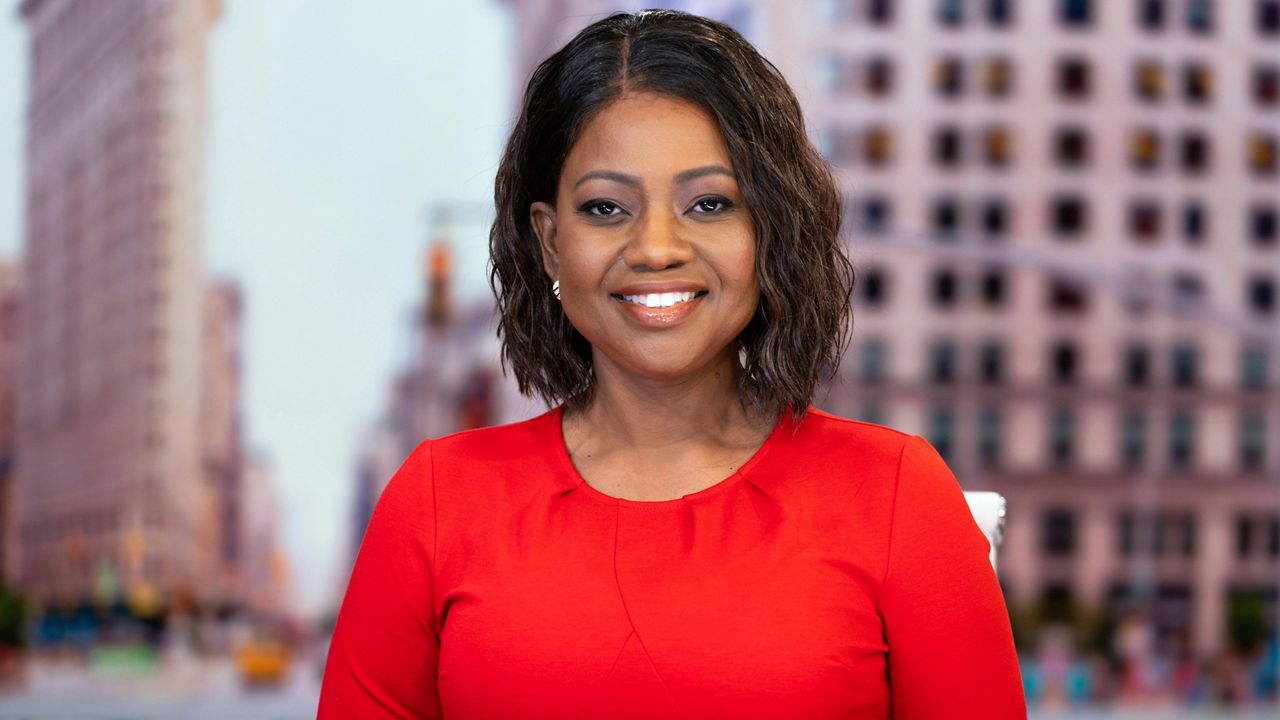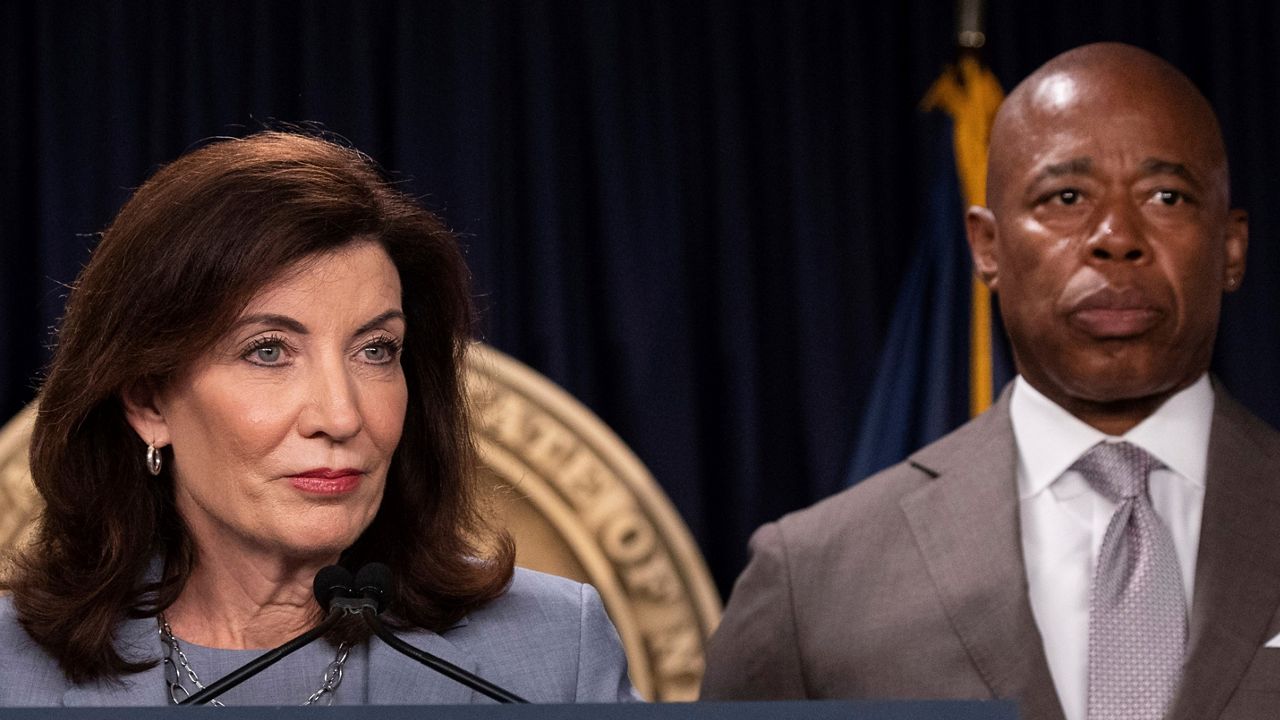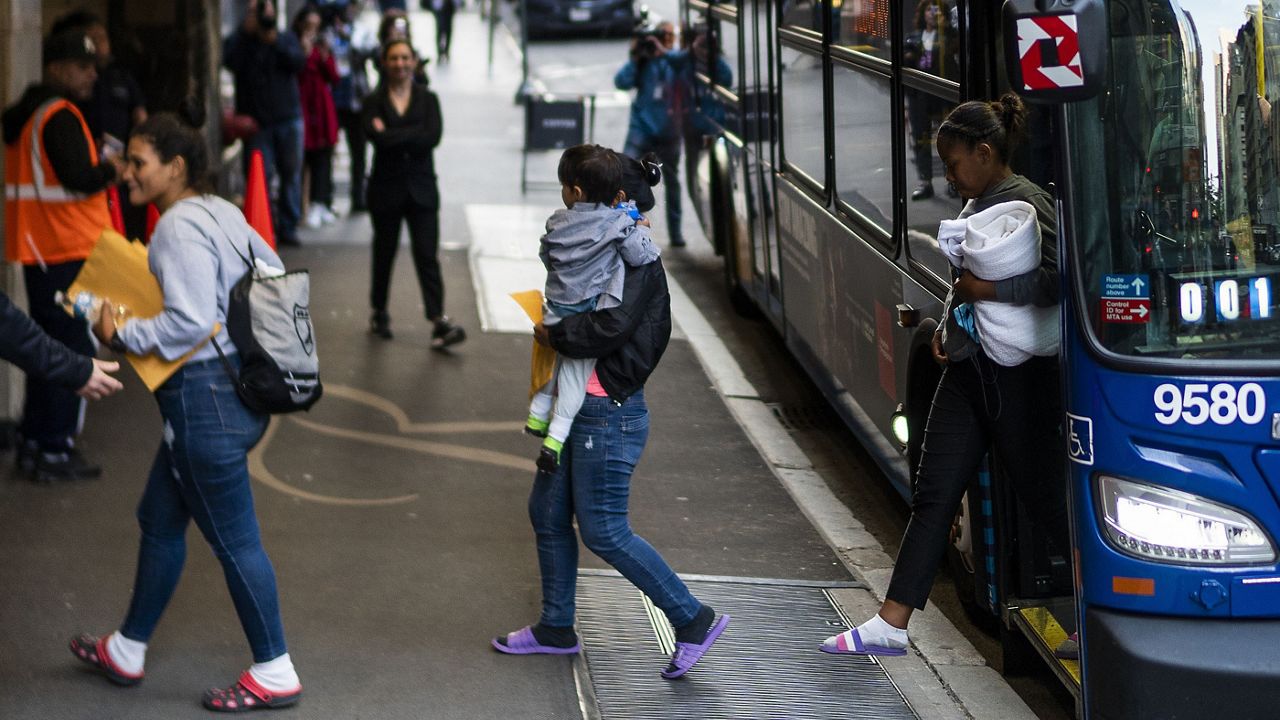“Karma police, arrest this man. He talks in maths.” — Radiohead
For more than 50 years, the central political question dangling over New York City has been the safety of its streets and the conduct of the people who are paid to keep them safe.
New York can’t work if people are worried about getting mugged on their way home from the subway. But it also can’t truly work if people are worried about the police.
This dynamic has been at play with every mayor since John Linsday, who suffered a major embarrassment when his push for a civilian review board of the NYPD was defeated in a citywide referendum in 1966. Lindsay’s plan was finally realized by David Dinkins who created an all-civilian board in 1993 — despite an infamous protest by off-duty cops who almost stormed City Hall.
While crime started to fall after Dinkins’ first year in office, the images of the Crown Heights Riots of 1991 haunted him out of his job two years later.
His successor, Rudy Giuliani, embraced the NYPD more than any other mayor in recent history. Giuliani signaled that he was on their side, telling New Yorkers that he would always first trust the police account of any controversial incident before other eyewitnesses. But Giuliani’s peace dividend was a city that was racially split over his job performance, a gap he never really tried to bridge.
One false lesson of the Giuliani administration was that the police somehow had to be unleashed in order for the streets to be safe. His technocratic successor, Michael Bloomberg, essentially gave a 12-year carte blanche to his police commissioner, Ray Kelly. While crime continued to crater in the Bloomberg administration, the number of black men who were being stopped and frisked by police skyrocketed.
Which brings us to Bill de Blasio — whose critics promised us that Dinkins II was coming our way when he was elected in 2013. The great irony of de Blasio’s first six years in office was that crime continued to plunge even though stop-and-frisk was kaput. You had David Dinkins’ demeanor with Rudy Giuliani’s metrics.
But what should have been a great success story was bungled in its telling by the mayor. His account of giving his black son, Dante, “the talk” about being careful around police became a lightning rod in the NYPD. But it was also de Blasio who backed the department when it decided not to release the results of administrative trials of officers — outraging police reform advocates. Stuck in the middle, the mayor had nowhere to go in a noisy debate.
That debate has literally exploded onto our streets with the death of George Floyd in Minneapolis. Elected officials — including the mayor — who were celebrating the expansion of the NYPD just five years ago are now rushing to “defund” it and eliminate plainclothes “anti-crime” officers, replacing them with community police.
The protests and looting surrounding Floyd’s death have signaled the unofficial start to the 2021 Democratic primary race to succeed de Blasio — despite the coronavirus and what will likely be a brutal presidential campaign. The challenge for the candidates will be hearing the call for police reform while also listening to fears that crime could plague a post-COVID city. It’s a balancing act no one has mastered, leaving many mayors wobbling.
For more of Bob's columns, visit the NY1 Political Buzz homepage.
SIGN UP FOR OUR POLITICAL NEWSLETTER:




